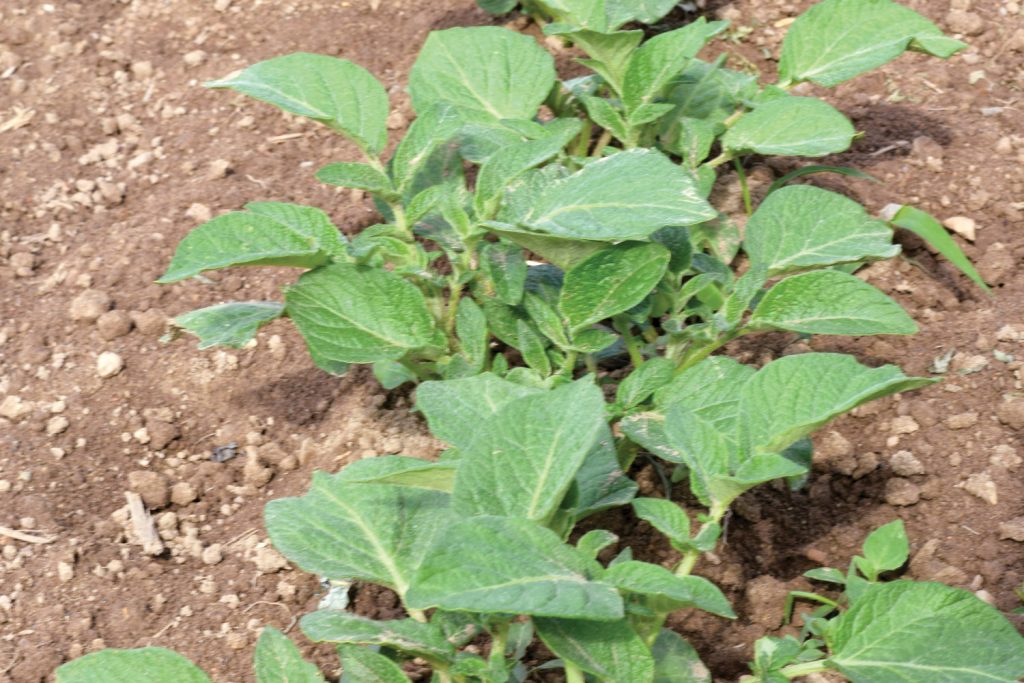The Benefits of Humus in Your Garden

Humus is a key to healthy soil
When it comes to healthy soil, the importance of Humus cannot be overstated; it contains many useful nutrients and minerals, including nitrogen which is particularly important for plant growth. Specifically speaking, humus is made up of about 6% nitrogen, 60% carbon, and small amounts of sulfur and phosphorus. And because humus acts as a storehouse for essential plant nutrients, it plays a big role in deciding the health of the soil. This is only one aspect of the benefits brought to soil by adding humus.
Essential benefits of humus
One of the most important functions of humus is that it makes the soil more porous, improving soil aeration, infiltration and drainage. Soil without humus can become compact and airless forming hard outer layers that resist the infiltration of air, rain, and water which could prevent the success of your crop. The function of humus helps to improve the structure of the soil and retain key nutrients. In short, humus rich soil helps improve plant growth.
Humus also helps to facilitate the growth of a vital organism called mycorrhizal fungi. This fungi is an important factor in the soil food pyramid. This fungi also helps bind the soil particles together in order to form good soil structure.
In addition, humus’s biochemical structure enables it to regulate excessive acid or alkaline levels within the soil. This allows humus to prevent toxic substances from entering the ecosystem as heavy metals as well as excess nutrients that can harm soil fertility, are bound to the complex organic molecules of humus. Humus can also help your crops withstand drought conditions as it holds between 80 to 90 percent of its weight in moisture on average.
By adding humus to your soil will help to increase its fertility and enhance the growth of vegetation and seedlings alike while also reducing the need for watering to a minimum.
